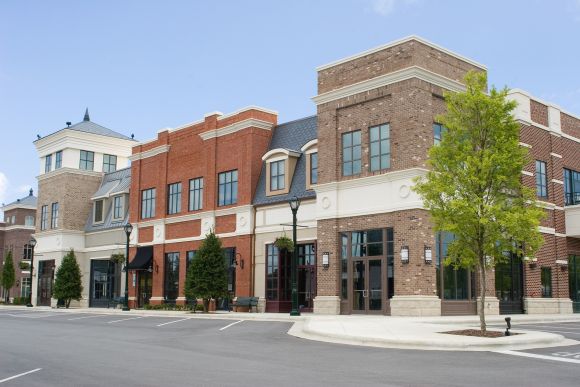By Bill Shelton, CEcD
Increasing numbers of communities are realizing the importance of a healthy retail sector to the local economy, and many local governments are taking steps to nurture retail development in their communities. The idea that retail development can spur economic growth is fairly new in the field of economic development. Back in the late 1950s, an economic developer’s complete focus was manufacturing expansion. It was believed that retail development would naturally follow a strong local economy.
To a certain extent, this belief is true. A thriving economy brings in all sorts of development, including retail and other service businesses. But what many communities now understand is that retail development sometimes needs to be nurtured, coaxed and urged to secure success. That’s the idea behind a concept called “retail incubators.” But, to understand retail incubators, you must first understand the concept of a business incubator.
Business incubators are multi-tenant facilities with on-site management. These managers direct the business incubator program to produce successful firms that leave the program financially viable and freestanding. Business incubator programs usually provide clients with appropriate rental space and flexible leases, shared business services and equipment, technology support services, and assistance in financing for company growth.
The first business incubator program opened in 1959 to give new business owners access to the practices and assistance needed to grow successful companies. Since that time, funded and operated business incubators have become economic development strategies for many communities.
According to a 2012 report from the National Business Incubator Association (NBIA), there are 1,250 incubators in the U.S. and 7,000 worldwide. About 93 percent of the business incubators in the United States are nonprofit organizations that are focused on economic development.
Business incubator programs may also provide business assistant services for non-tenant clients, which are referred to as “without walls," affiliated or virtual clients.
According to the National Business Incubation Association (NBIA), the goals of business incubators are to:
- Create jobs in a community
- Enhance a community’s entrepreneurial climate
- Retain businesses in a community
- Build or accelerate growth in a local industry
- Diversify local economies
Retail incubators are a specialized type of business incubator. The goals associated with business incubators apply to retail incubators as well. Of the handful of retail incubators that belong to the NBIA, most are located in underserved sectors of a community. They provide a place for highly motivated entrepreneurs to learn retail skills relatively quickly.
Just as business incubators nurture the development of new businesses, retail incubators sustain new retail operations in their early phases. Like business incubators, retail incubators nurture new and small business owners, helping them to survive and grow during the critical start-up period.
A good example of a successful retail incubator comes from the non-profit group SSDN. From its beginnings in 1886, the group’s mission has been to enhance the community by providing quality child care to working mothers. The idea for the retail incubator started when the organization’s leaders and visionary CEO realized the importance of a sound local economy to their mission. “We realized that a family can’t be healthy if the community isn’t healthy,” says Lynette Sledge Watson, Economic Development Director, SSDN.
The SSDN’s incubator is housed in four buildings on the city’s south side. The anchor tenant, which provides about half the rental income collected by the group, is South Side Outlet, a clothing outlet offering new name brand clothing items at discount store prices. The other retail stores in the incubator include a convenience store, a shoe store and a boutique of imports from Africa.
In addition to assisting retail start-ups, the incubator houses as many as 12 service businesses at a time and also offers assistance "outside" of the incubator walls to other business owners in the community interested in starting or expanding a small business. The incubator provides below market rent, business counseling services and access to computer systems.
Watson says SSDN is pleased with the incubator’s success rate. “We have created more than 100 jobs in the community. Within the incubator, we have created 50 jobs.”
If your community is looking for a strategy to stop retail leakage and encourage retail development, particularly in an underserved area, you may want to consider starting a retail incubator. For guidance on starting and operating a business incubator, go to the website of the NBIA and download the EDA-funded study “Incubating Success. Incubation Best Practices That Lead to Successful New Ventures.”


